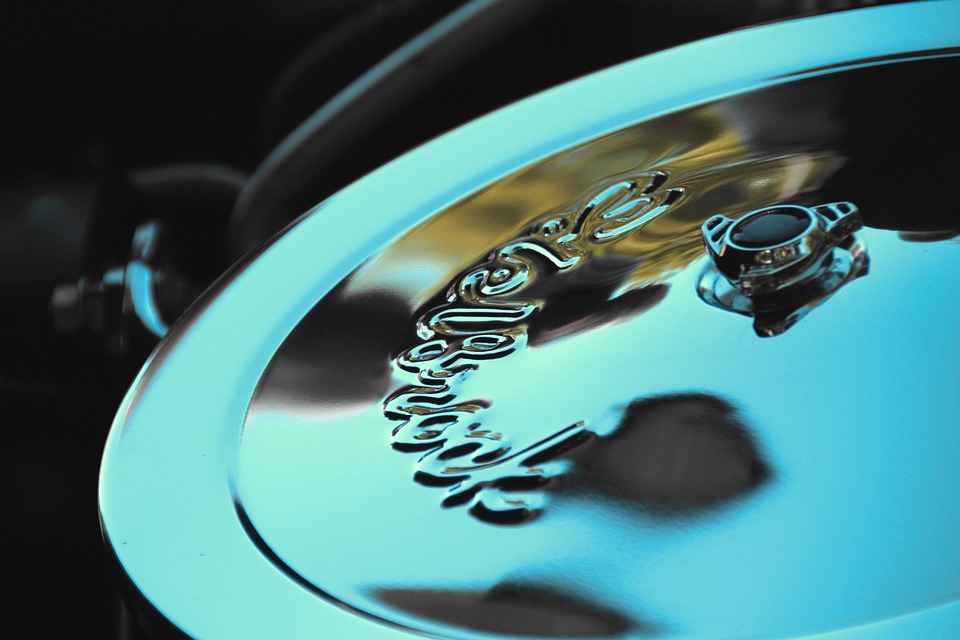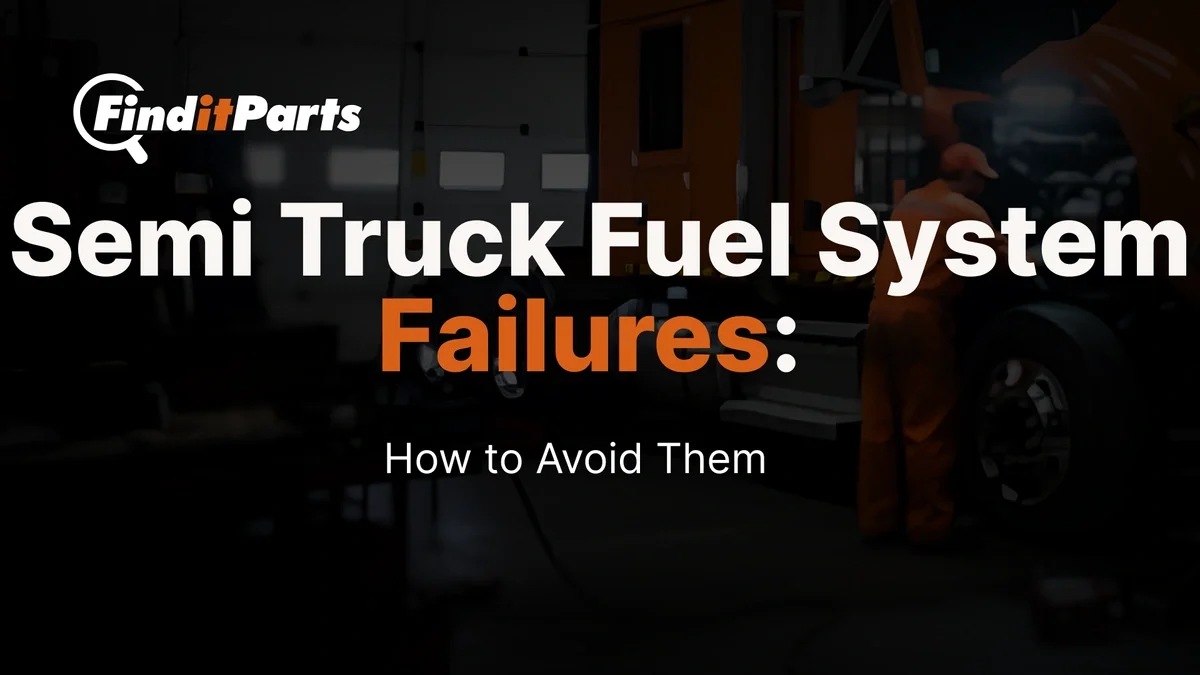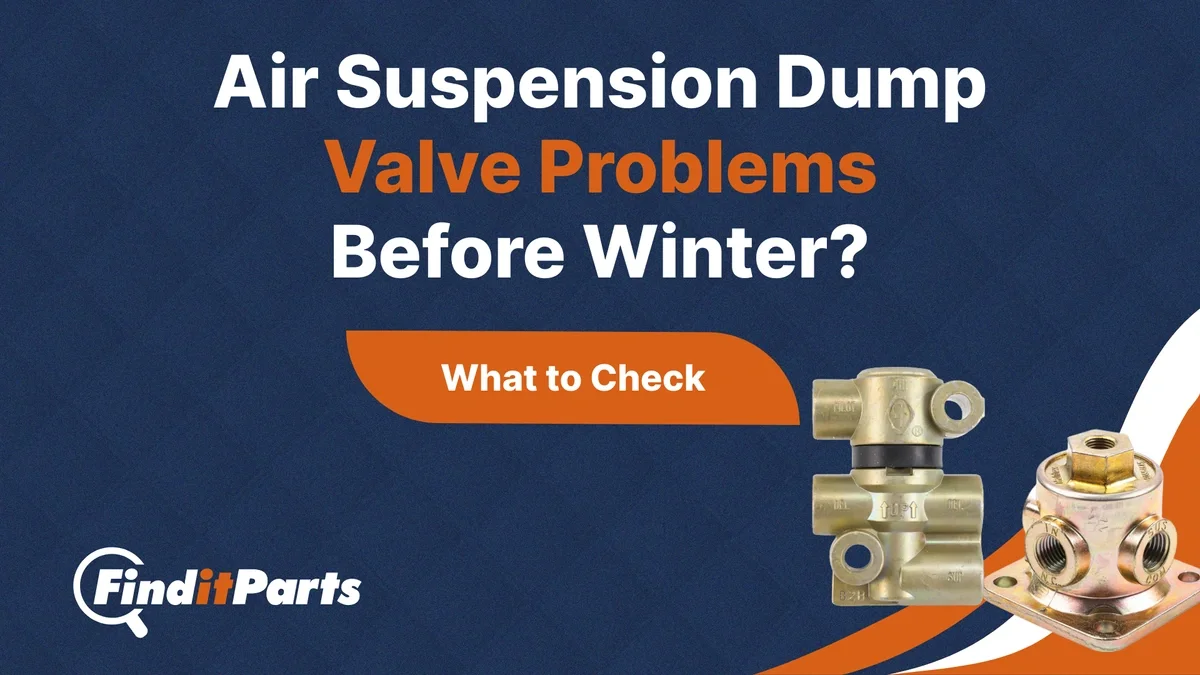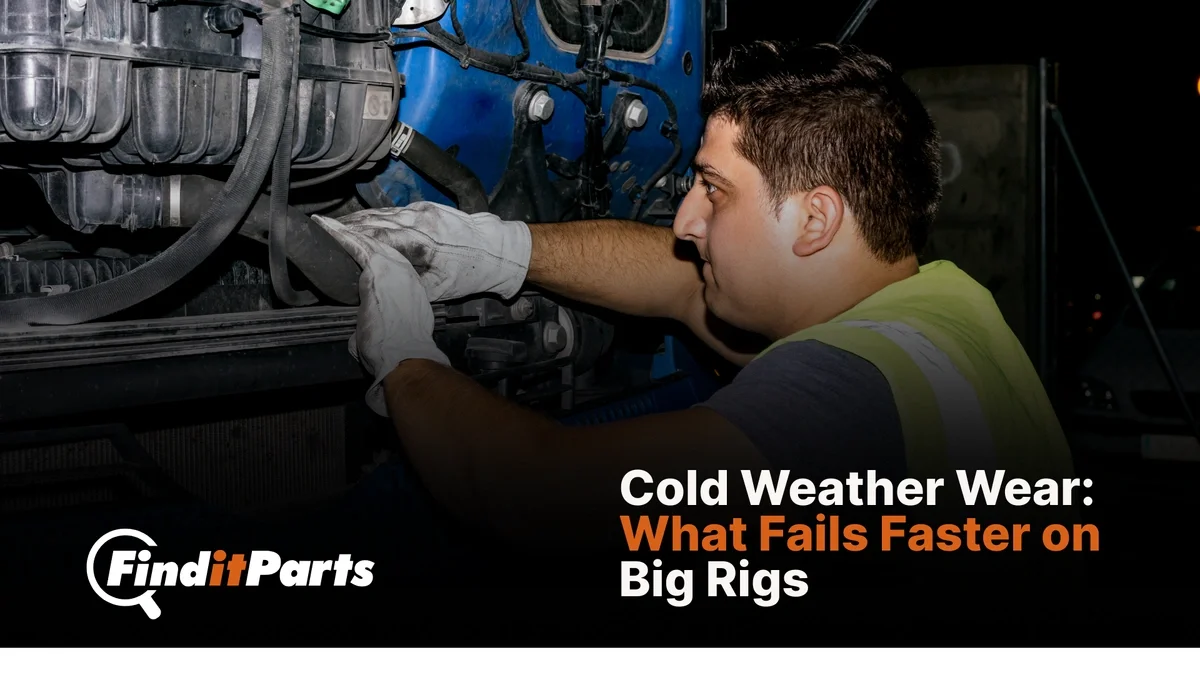Need help? We're here!
(888) 312-8812 Login SignupHow to Make the Most Out of Your Engine Air Filter
March 18, 2021

Image Source: Pixabay
The engine air filter makes a huge difference in the performance of your truck. Aside from preventing debris from entering the engine through the air intake, a quality air filter can improve fuel economy, extend engine life, lower emissions, and even enhance overall engine performance. However, because of how they are designed, air filters are also sensitive to several factors that can significantly affect their performance and operating life. This may result in the filters requiring servicing or even replacement at shorter intervals, leading to increased expenses and downtime for your vehicle.
Cleaning or replacing the air filter is an inevitable and regular part of any truck’s maintenance routine, but there are ways to maximize its potential. In this guide, we listed down some essential tips on how to make the most of your truck’s air filters and save yourself the hassle later on.
Follow a strict maintenance schedule.
Air filters will eventually become clogged from debris over time, depending on a variety of factors, including the filter media used and the number of particulates in the environment. Today, most truck engines come with a gauge, switch, or similar indicator that signals the driver when the filter needs to be checked. The filter should be serviced when the indicator shows the maximum allowable restriction has been reached, as going past that may lead to engine problems and damage to the filter itself. In the same manner, the filter should not undergo maintenance earlier than what the indicator suggests, as this may lead to overservicing. Many operators make the mistake of servicing filters based on the fact that they “look dirty,” which typically leads to filter damage to excessive handling as well as dust contamination of the engine.
If you want to go beyond basic air filter care, it’s worth learning about fuel filters and when to replace them. Both air and fuel filters play critical roles in keeping your truck’s engine clean and long-lasting.
Clean reusable filters according to manufacturer recommendations.
For trucks equipped with reusable air filters, maintenance also involves cleaning the filter media. The cleaning process varies depending on the manufacturer and must be followed to the letter to prevent filter contamination and damage. This also includes using the filter cleaner and lubricant suggested by the filter manufacturer, as these are specially formulated to be safe for use with the filter media. It is also strongly not recommended to use harsh chemicals or pressurized water or air to clean the filter, as this may damage or even rupture the filter media. Once the filter has been cleaned and rinsed, allow it to dry thoroughly before reinstalling it to the air intake. To further support your truck’s performance, it also helps to understand when to replace cabin air filters, as they directly affect interior air quality and driver comfort.
Make sure the filter is installed correctly.
Proper installation is just as necessary as regular maintenance in extending the life of the air filter. Technicians often note that many air filter problems can be sourced because they are misaligned or installed backward, significantly impacting airflow in the process.
- Whether it is reusing a filter or swapping to a new one, care must be taken to ensure that the air filter and its related components are mounted correctly. Among the best installation practices to follow:
- Check if the filter housing, clamps, and fasteners are tightened and working properly. Any air leak in these locations can allow dirt and other contaminants to flow downstream and into the engine.
- Test if the evacuator valve and air filter pressure are functioning normally. These devices tend to malfunction when the air filter is mounted incorrectly.
- Ensure that the filter is seated correctly and the clamps, bolts, and wing nuts are tightened accordingly. The wingnuts, in particular, should not be over-tightened as they may damage the threads and lead to leaks.
- Older versions of air filters also have wingnuts with sealing washers. These washers should also be seated at an even alignment and replaced if already showing signs of wear or damage.
Keeping your truck roadworthy means making sure that any spare filters are stored in a clean and dry location to prevent dust, dirt, and oil contamination. Excessive handling should also be avoided, even when the filter is in the box, as the filter media can get damaged when bumped against a hard surface.
Invest in a pre-cleaner.
Another option you can take to lengthen the life and performance of the air filter is to install a quality air pre-cleaner. As its name suggests, the pre-cleaner is a device mounted at the air intake that removes large particles of dirt and water droplets before they reach the air filter. These devices vary in design and complexity, but most rely on a form of the inertial separation process that splits heavier-than-air contaminants away from the airflow. The contaminants are then ejected through the side of the cleaner or the exhaust pipe or stored in a receptacle to be emptied later.
Because the pre-cleaner reduces the contaminants in the air intake, the air filter should ideally last longer before needing replacement or washing. However, this is provided that the right type of pre-cleaner is used and properly installed on the air intake. So before installing one in your vehicle, talk with the manufacturer’s representative about the best pre-cleaner to use.
Swap to a high-performance air filter.
When the time does come that the air filter needs to be changed, you can also consider switching to a premium aftermarket filter. It’s a common misconception that aftermarket filters are of lower quality than their OEM counterparts, and using one will void the engine’s warranty. However, “aftermarket” is a broad term that denotes any filter not made by OE-certified manufacturers, including high-performance models. Also, aftermarket air filters will not void the OE warranty as long as it is designed specifically for the engine and the manufacturer’s recommended maintenance practices are followed.
While they do tend to be on the expensive side, performance aftermarket filters do have several features that potentially make them work better and last longer than a conventional OEM filter. K&N’s aftermarket filters, for example, are made of state-of-the-art oiled cotton-based media that are capable of trapping microscopic particles and tough enough to be washed and reused, saving you money in the long run. Just make sure that any filter you buy comes from a reputable supplier and is backed by an appropriate manufacturer’s warranty.
To keep your truck performing at its best year-round, don’t forget to follow regular cleaning routines and use lubricants to keep your truck in peak condition. Practicing simple ways to keep your truck clean also helps protect components like filters and seals from premature wear.



